Even Nutritionists Get High Cholesterol
Registered nutritionist Rob Hobson shares his story — why numbers matter, what the myths get wrong, and the small changes that make a big difference.
Rob Hobson’s Story
“I thought I was doing everything right.” Despite eating well, exercising, and working in nutrition, my routine health check revealed raised cholesterol. It was a wake-up call: lifestyle matters, but genes, age, sleep and stress all add up.
I didn’t overhaul my life — I made small, consistent tweaks: more soluble fibre (oats, beans, apples), swapped some saturated fats for extra virgin olive oil and nuts, cooked with pulses twice a week, and was rigorous about taking my Plant Sterols Supplement daily.
After a few months, my numbers improved. The lesson? Know your numbers, focus on daily habits, and be realistic. You don’t need perfection — just progress.
Tip: book a simple cholesterol test and repeat it on a schedule your GP recommends.
Why Cholesterol Matters (Stats)
Cholesterol is a key risk factor for cardiovascular disease. These UK facts help show the scale and why regular testing matters:
Source: British Heart Foundation — CVD Statistics UK Factsheet (2025) .
Myth-busting
We asked registered nutritionist Rob Hobson to tackle the cholesterol myths he hears most often. Scan the quick facts below, then watch the video for clear, practical takeaways you can use today.
Myth 1: Going vegan automatically lowers cholesterol.
Fact: Only well-planned, fibre-rich plant diets lower cholesterol.
Myth 2: Eggs raise your cholesterol.
Fact: For most people, dietary cholesterol has little effect — it’s saturated fat that matters.
Myth 3: All dairy is bad.
Fact: Fermented dairy like yoghurt can actually support heart health.
Myth 4: LDL is the only thing that matters.
Fact: HDL, triglycerides and non-HDL cholesterol all play a role.
Myth 5: Coconut oil is a heart-healthy fat.
Fact: It’s high in saturated fat — use in moderation.
Five Practical Tips that make a big difference
Small changes make a big difference. Here are five easy ways to support your cholesterol every day:
What are plant sterols and how do they work?
Plant sterols are naturally occurring substances found in plants that can help to lower your cholesterol by decreasing the absorption of cholesterol in the intestines. Plant stanols are often mentioned alongside plant sterols; they have a similar molecular structure and also help to reduce cholesterol absorption.
Plant Sterols 800mg
Scientifically shown to lower cholesterol
- 2400 mg plant sterols per daily dose
- Levels advised by the British Heart Foundation
- Helps to keep your cholesterol at the normal level
- Reduce the risk of coronary heart disease development

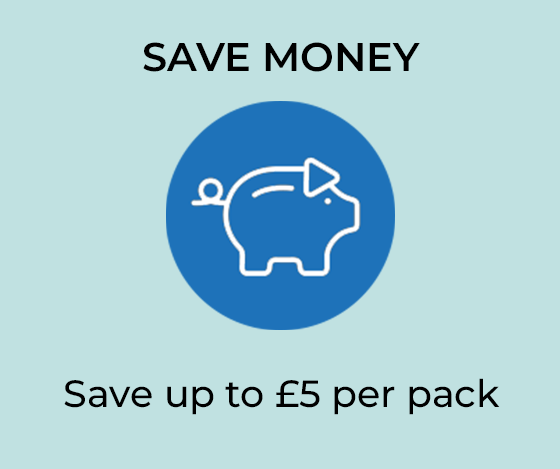

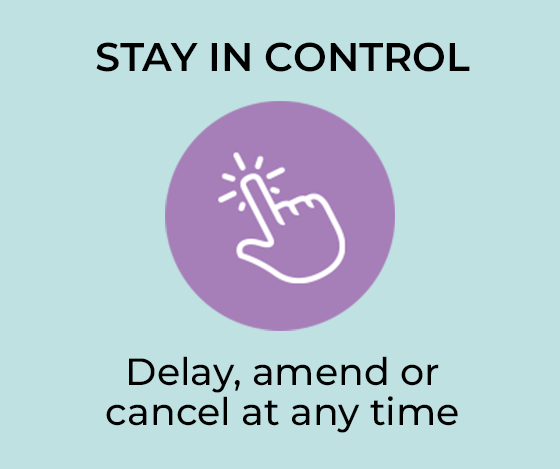








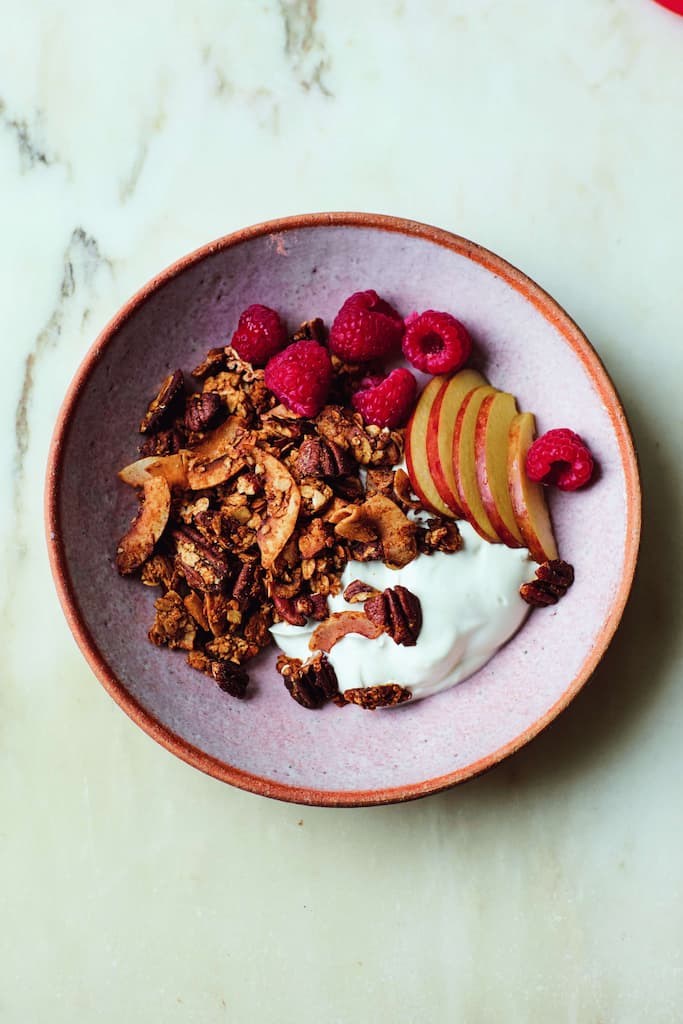

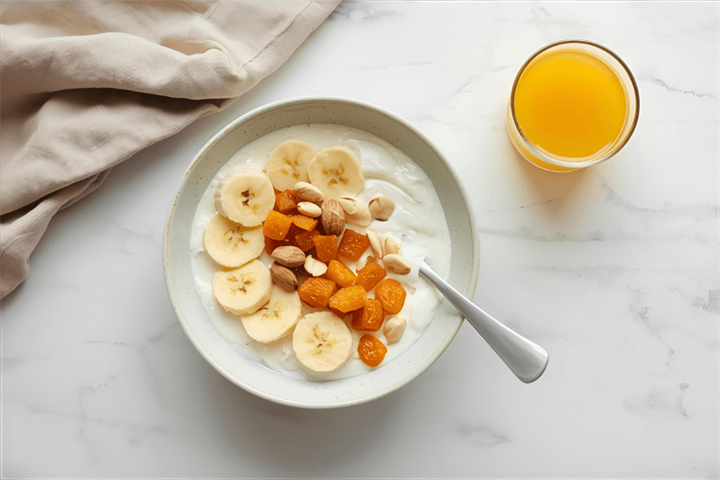
%20in%20milk%20and%20apple%20juice%20topped%20with%20grated%20apple,%20nuts%20and%20chia%20seeds_2025259-105510.png)
%20topped%20with%20pecan%20and%20coconut%20granola_2025259-105510.png)
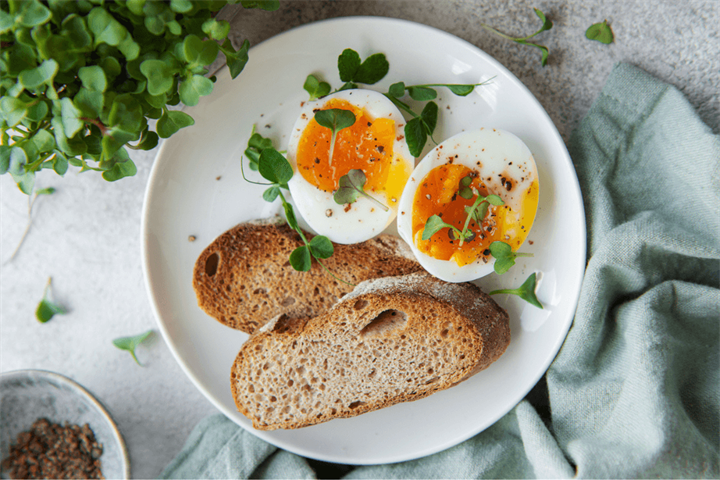
%20%20topped%20with%20nuts,%20chia%20seeds%20and%20berries_2025259-105510.png)
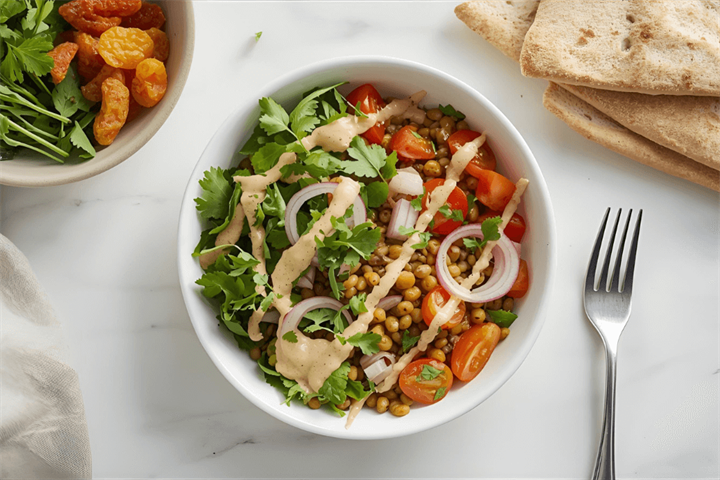
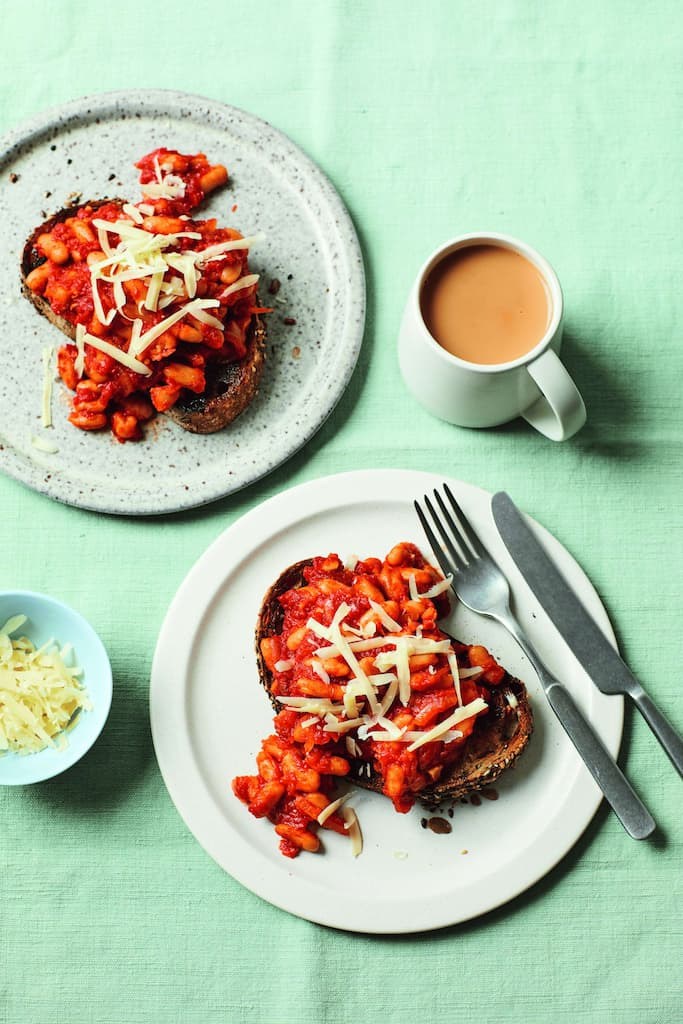


%20with%20crunchy%20salad%20and%20mixed%20seeds_2025259-114929.png)
%20topped%20with%201%20mashed%20avocado,%201%20tbsp%20pumpkin%20seeds%20and%20100g%20sliced%20chicken%20breast.%20Handful%20of%20dried%20apricots_2025259-114929.png)
%20with%20big%20handful%20of%20baby%20spinach%20and%20wholegrain%20bread_2025259-114929.png)
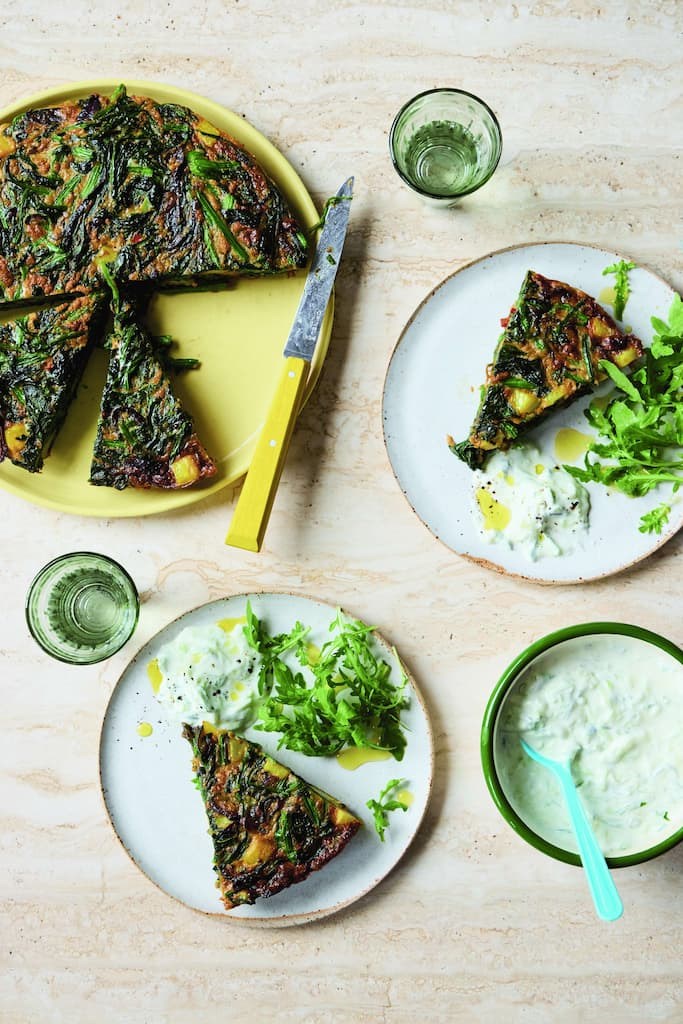

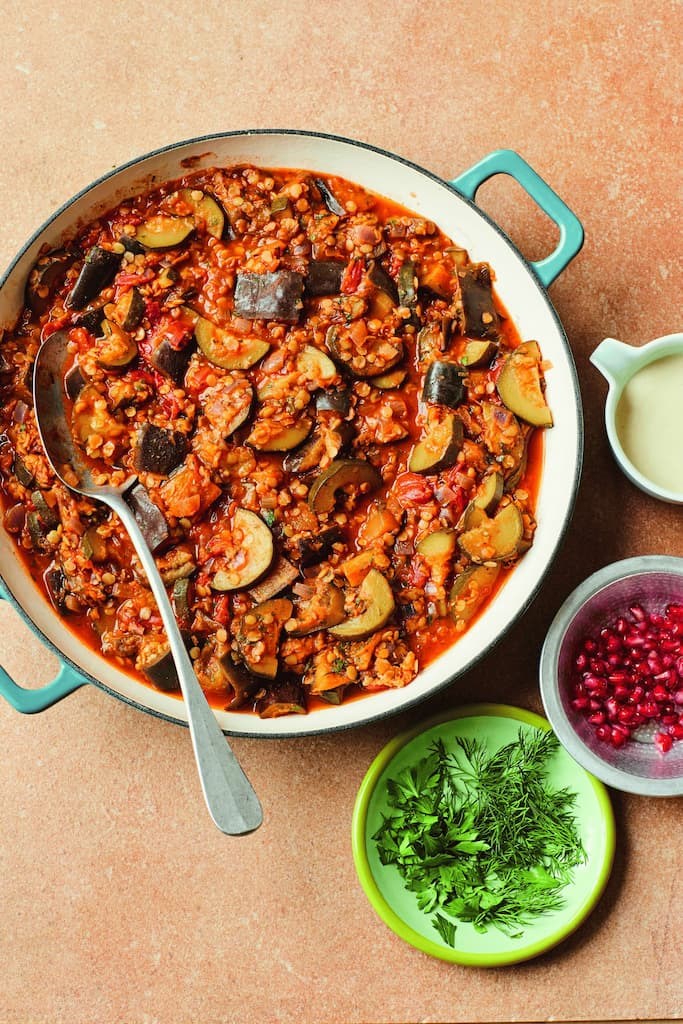
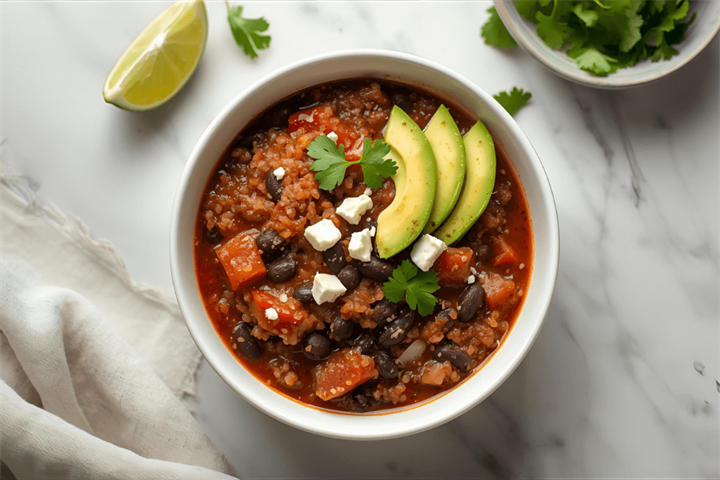

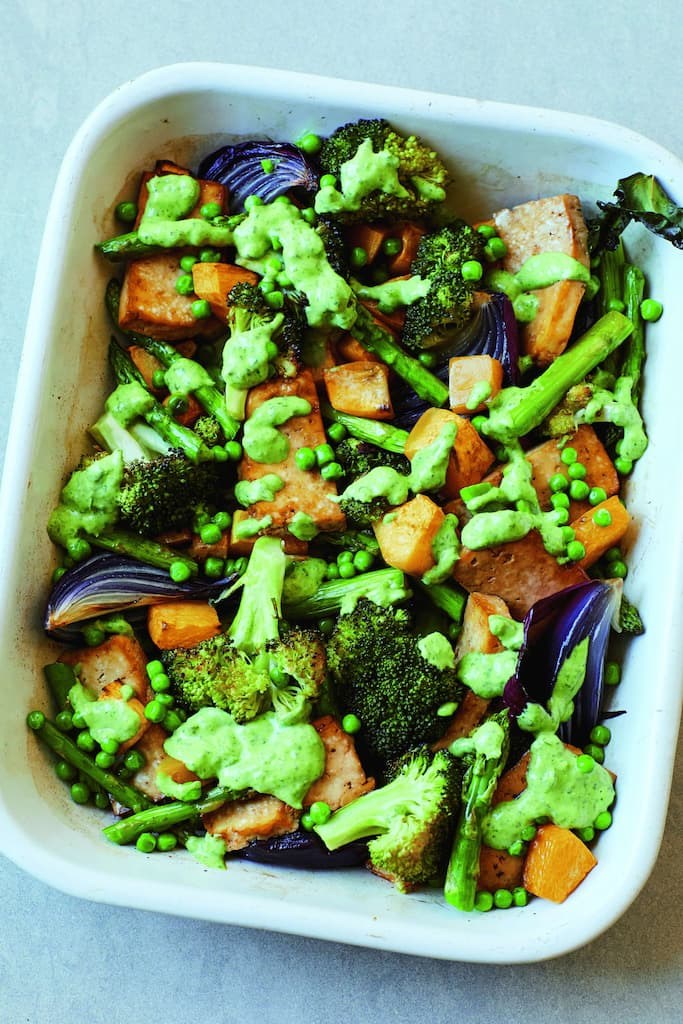
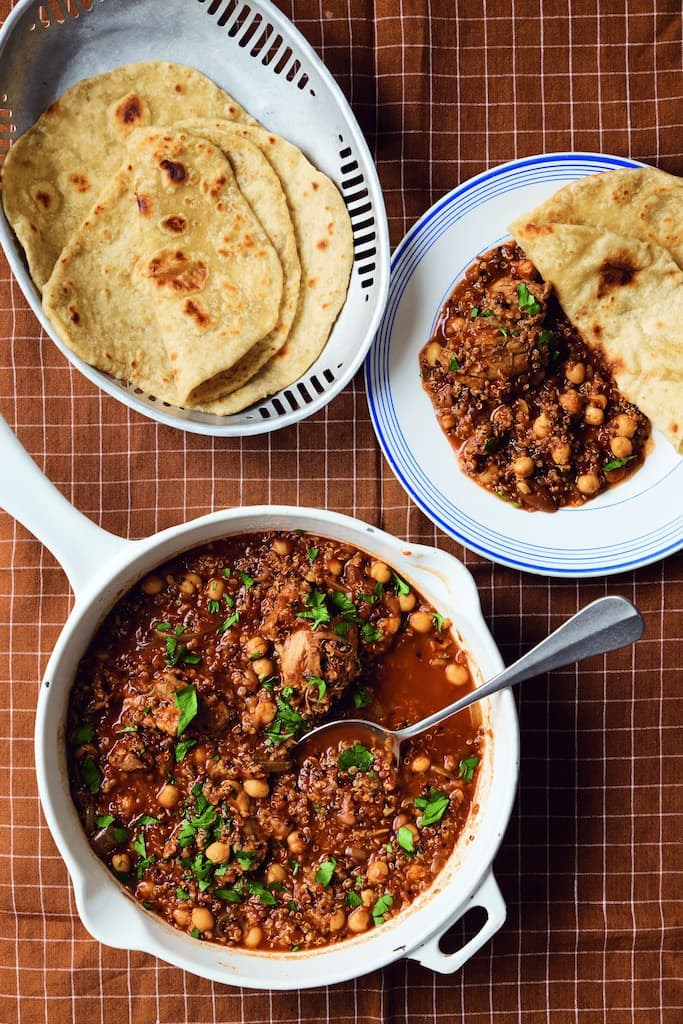
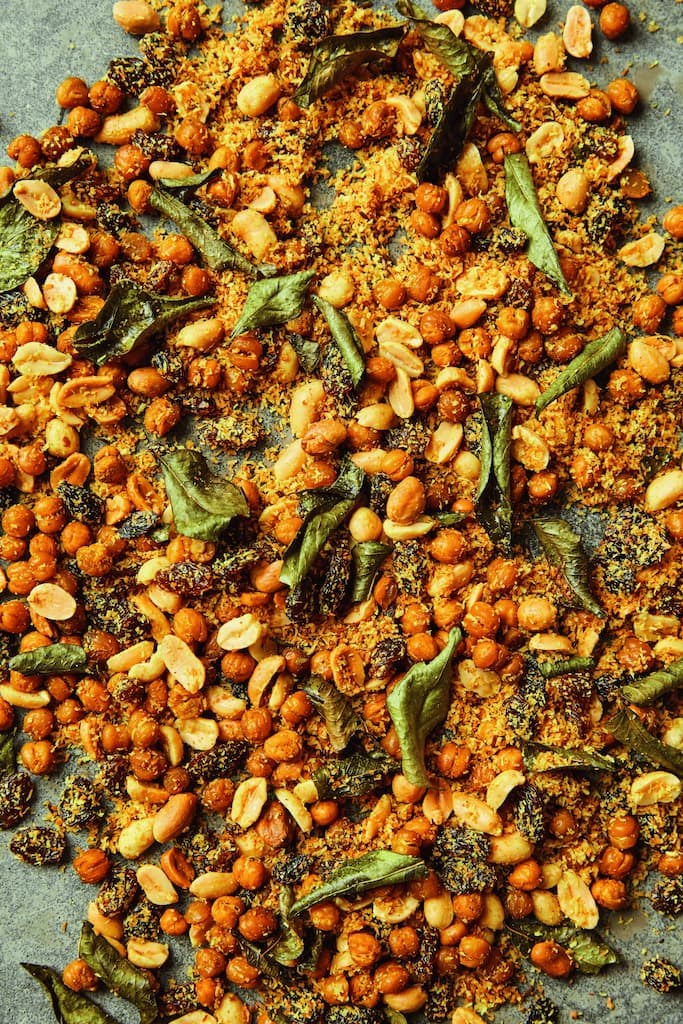
%20with%20light%20soy%20sauce%20and%20lime%20juice_2025259-122509.png)
%20and%201%20tsp%20pumpkin%20seeds_2025259-122509.png)
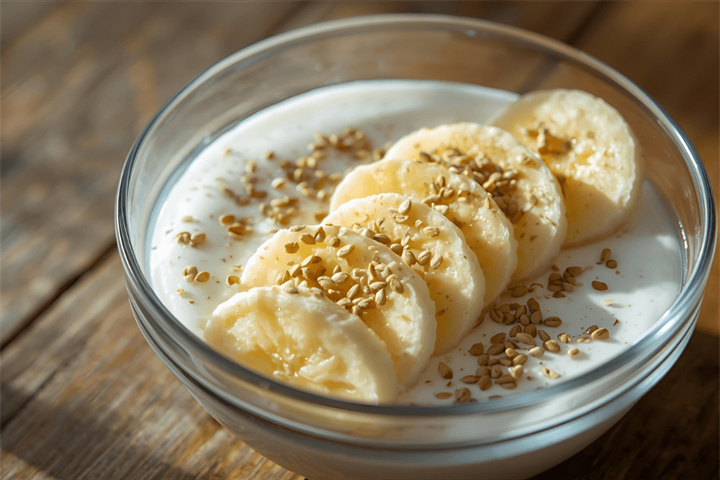
_2025259-122509.png)
%20with%20red%20pepper%20and%20carrots%20battons_2025259-122509.png)
%20with%20dried%20apricots%20(15g)%20and%20chia%20seeds%20(5g)_2025259-122509.png)
,%20crushed%20walnuts%20(15g)%20and%20poppy%20seeds%20(5g)_2025259-122509.png)
_2025259-122509.png)
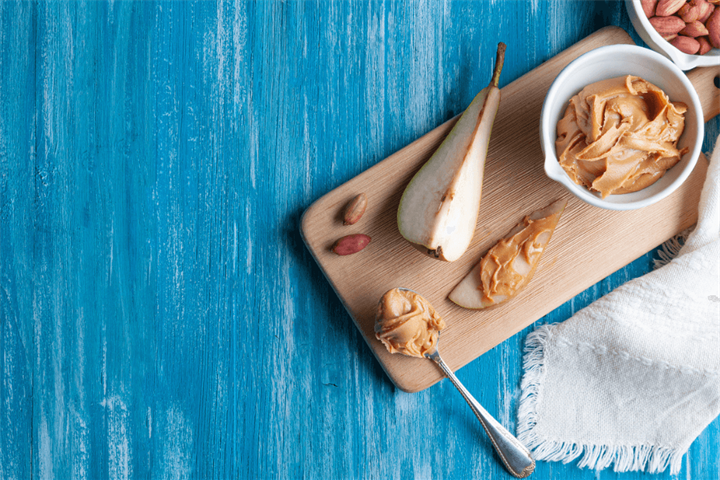
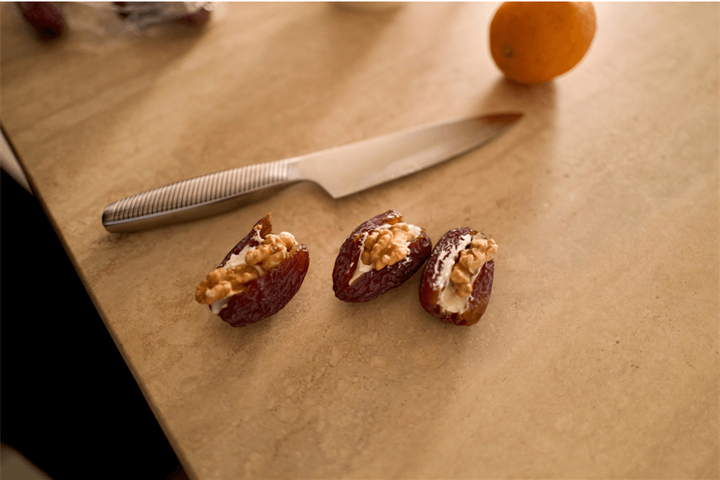
_2025259-122509.png)
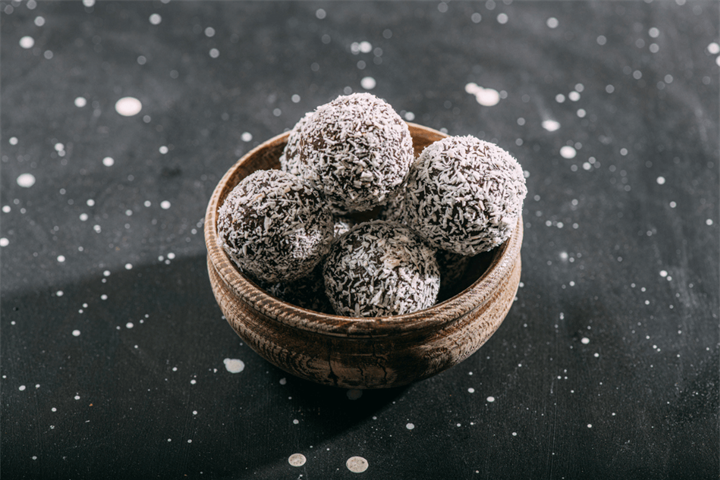
%20with%201%20tsp%20tahini%20on%20sliced%20dark%20rye%20bread_2025259-122510.png)
